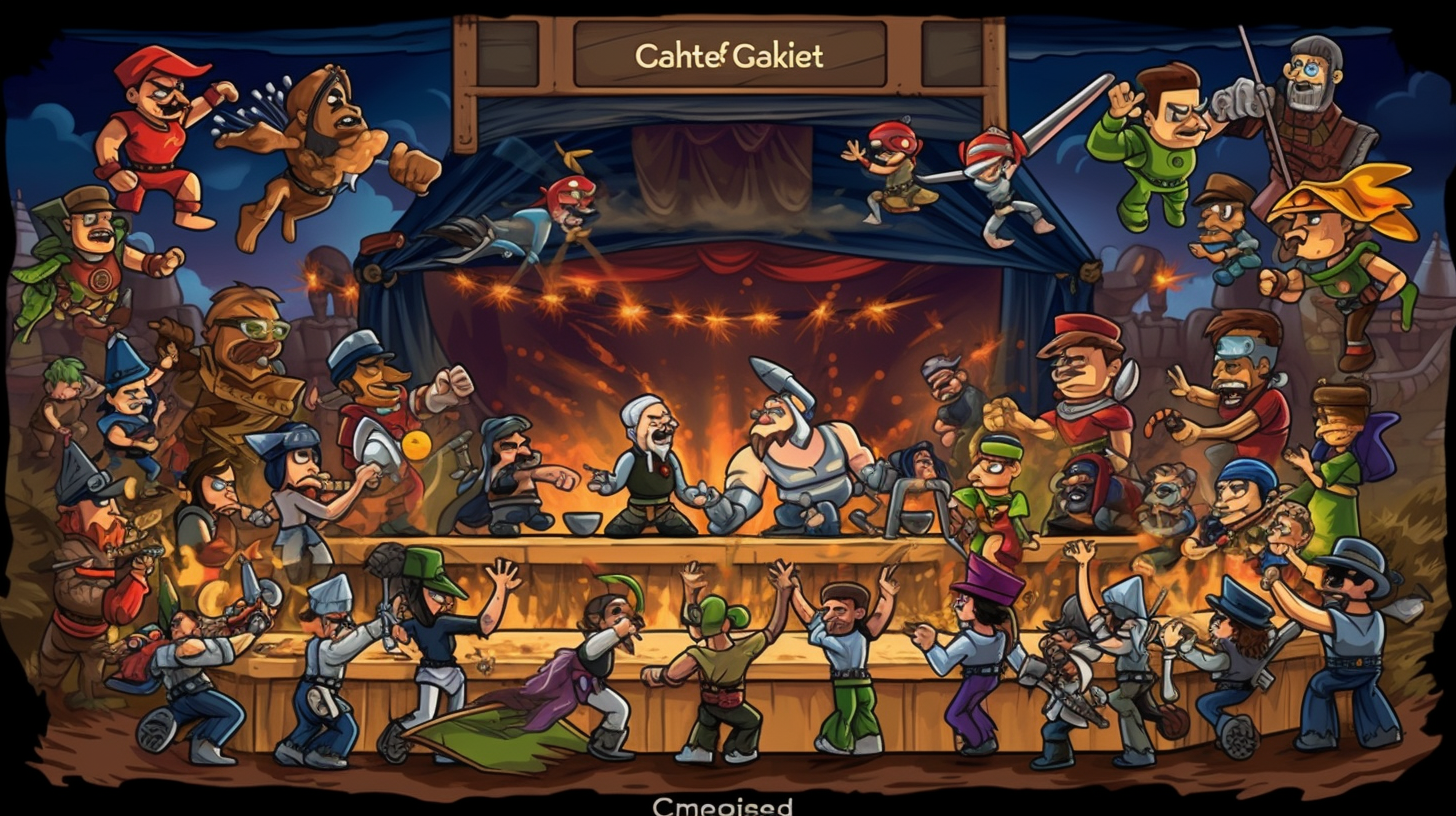The Great Puppet Showdown: Examining the Agent vs. Agentless Tug-of-War in Orchestration Tools

Well, gather round, tech enthusiasts, because today, we're stepping into the rigmarole of orchestration tools. Come on, don't be bashful—you know you want to dive deep into the nuts and bolts of this tech hiccup. So gear up, because we're about to tackle the wrestling match between agent and agentless orchestration tools. We're pitting heavyweights like Chef, Puppet, Ansible, and SaltStack against each other. Now, you might be asking, "why the hullabaloo about orchestration tools?" Well, my friend, these bad boys are the backbone of any modern IT infrastructure, so buckle up!
Our first contender in the ring is the famed Chef—a tool that unfortunately has nothing to do with Gordon Ramsay or your mouthwatering Thanksgiving turkey. Chef, parading an agent-based design, prides on its vibrant community for support. Offering consistent configurations across various environments, it does its job to the T. With pre-packaged resources, the only downside might be its heavy reliance on Ruby. However, in the grand scheme of things, the 'MasterChef' still manages to cook up quite a storm. Pun totally intended.
The Puppet Master
Next up in our tech-arena is Puppet, yet another agent-based contender, whose iron-clad strength lies in its mature framework and progressive manifesto. With an uncanny knack for managing complex setups, Puppet pulls the strings just right. And the best part? Puppet makes pesky system updates as smooth as a baby's bottom!
Riddle me this, though: Why did the sysadmin choose Puppet over Chef? Because he didn't want to whip up a tech disaster in his 'kitchen'! Ha! Now, I bet you didn't see that coming. Jokes apart though, Puppet does have one little sting in the tail—the learning curve. So, get ready to flex those brain muscles before you take the Puppet plunge.
Ansible: The Underdog?
Now, let's hobnob with Ansible—an unassuming agentless tool that's been quietly making waves. Ansible's quirky yet straightforward YAML language makes it a darling among beginners. Valued for its uber-portability and scalability, Ansible's 'no agent, no problem' philosophy steals the spotlight. However, its broad functionality can sometimes feel like using an elephant gun to kill a mosquito.
SaltStack: The Final Showdown
Last but not least, we have SaltStack sauntering onto the battlefield with a hybrid approach—offering both agent-based and agentless modes. SaltStack is like that smart kid in class who, despite being a tad bit complicated, always gets things done right. Though SaltStack might demand more system resources, its impeccable speed and efficiency make it a worthwhile choice.
So, what does this all boil down to? Well, when it comes to orchestration tools, there's no one-size-fits-all. Chef, Puppet, Ansible, or SaltStack, they all have their own strengths and follies. It's all up to what suits your palate and how spicy you want your tech platter to be. And remember, regardless of your pick, these tools are all instrumental (pun intended) in tuning the symphony of your IT infrastructure.
Maybe the next time you sit for your CCNP 350-401 ENCOR exam, you'll think of them more like characters in an epic saga than just dry, technical jargon. And hey, who knew orchestration tools could be so...dramatic?
Now, go forth and conquer that exam, you tech gladiator!